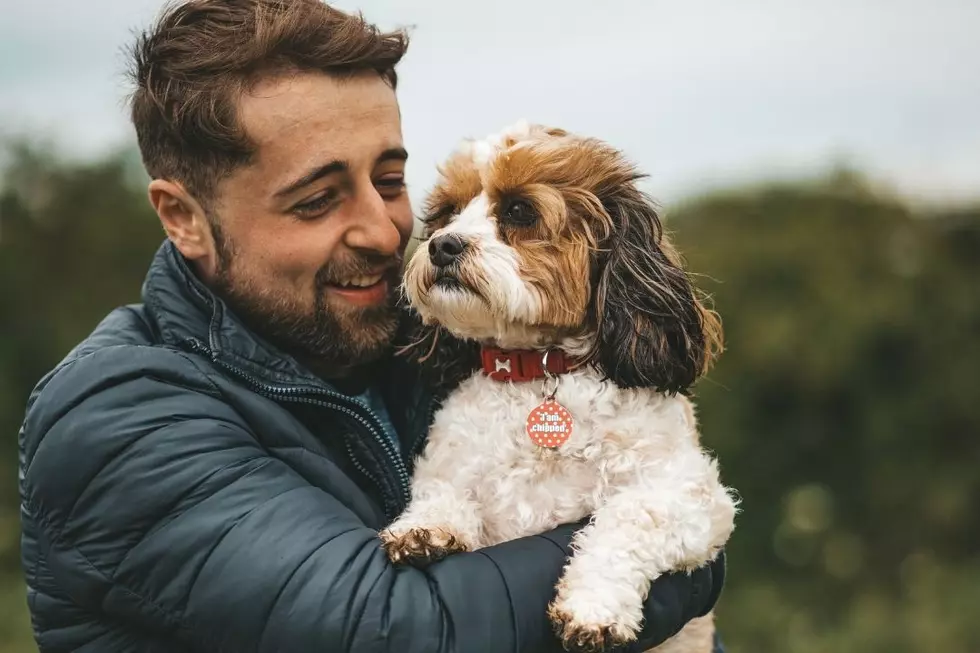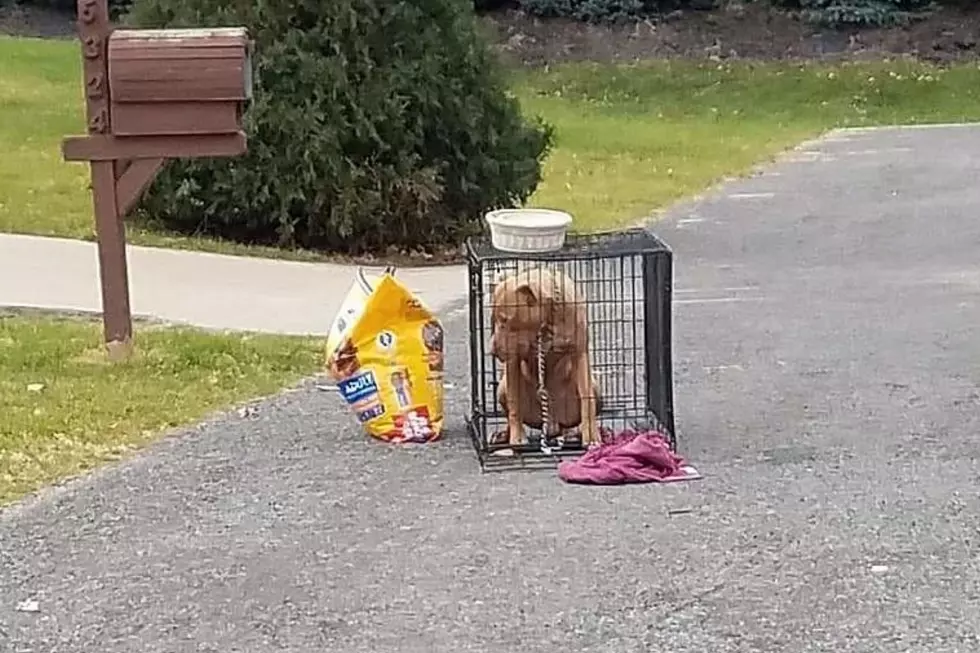
Letting Go of Your Rescue Pet’s Past
It is always good to know what your newly adopted pet's past has been but often times it is not known and there are some cases where it is best to completely let go of the past and move forward to a happier life.
This story from pet360.com seemed to really strike home for me:
Every time we’ve rescued a pet, we’ve tried to learn as much as we could about that animal’s history before leaving the shelter. Often, as in the case of our cat Linus, who arrived at the shelter with his littermates, there’s very little to learn. Conversely, we discovered that Felix had been captured in a raccoon trap in a neighborhood trying to remove feral cats.
The same holds true with our dogs. Our Irie was brought in by a Good Samaritan who found her running loose with the scars of previous dogfights and a case of demodectic mange. Tiki was found sitting patiently at the gates of our local shelter, probably dropped off under cover of darkness, waiting for an owner that would not return.
They all arrived at their respective shelters - some kill shelters and some no-kill - with backstories. And, in the case of our dogs, they each spent over a month in a shelter environment. It all adds up to a sad story.
And a story that we need to forget, at least when it comes to our interaction with our pets.
“If you hold onto the story, you keep that dog in a place of disadvantage,” explains holistic dog trainer Alecia Evans of Walk In Sync. The Colorado-based trainer works both with shelters and with dog owners including many who come to her with rescue dogs that have sad histories. Alecia’s advice? Fugetaboutit!
“Our dogs are in the present moment. In my experience of working with a lot of shelter and rescue dogs, aside from the love and patience, the main thing they require is retraining and bonding so that they feel safe that you are their leader.”
Whether it's a puppy mill rescue dog or a dog that has suffered other abuse, Evans suggests letting go of the dog’s previous history. “What I see most often when people rescue dogs is that they feel bad for the dog. In a dog’s world, this is actually seen as weakness. What a dog knows is that someone has to be in charge. Either you are in charge or they are in charge.”
Instead, Evans suggests dog lovers forget about that past history when working with their rescue dog, holding them to the same expectations as they do for other pets in the household, regardless of past history. “We hold onto the story which will hold your dog back in that position instead of taking over as their leader. Get into a leadership position.”
Evans points out that by forgetting about that history and assuming a leadership position, pet guardians can free their dogs to relax, assume their new role in the family, and excel at doing what they do best: just being a dog.
[Source: pet360.com]
More From Power 95.9









